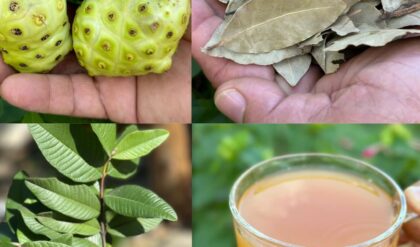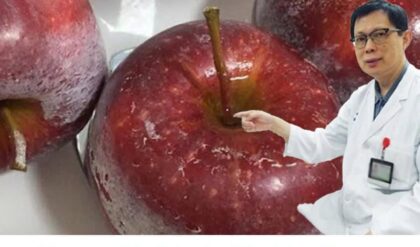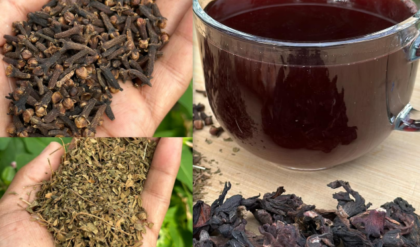Your kidneys are remarkable organs that play a vital role in keeping your body healthy. They filter waste, toxins, and excess fluids from your blood, ensuring everything stays in balance. But did you know that certain vegetables, often considered healthy, could harm your kidneys if you already have kidney problems? It’s true. Some vegetables contain high levels of potassium, oxalates, or other substances that make it harder for your kidneys to function properly. If you’re looking to heal or protect your kidneys, knowing which vegetables to avoid is essential. Here are the 10 vegetables you should avoid to support kidney health and the best alternatives to keep your diet balanced.
1. Spinach – The Nutrient-Packed Risk

Spinach is packed with vitamins A, C, and K, along with iron and folate. While these nutrients are beneficial for most people, spinach is extremely high in oxalates, which can bind with calcium in your urine to form kidney stones. Additionally, its significant potassium content can lead to hyperkalemia—a condition where potassium levels in the blood become dangerously high, especially for individuals with compromised kidney function.
Kidney-Friendly Alternative: Choose arugula or Romaine lettuce, which provide similar nutrients without the high levels of oxalates or potassium.
2. Brussels Sprouts – A Sneaky Danger

Rich in antioxidants and fiber, Brussels sprouts are a nutritional powerhouse. However, they are also high in potassium, which can strain the kidneys of individuals with impaired function. Excess potassium can lead to symptoms like muscle weakness, fatigue, or irregular heartbeats.
Pro Tip: If you love Brussels sprouts, try steaming or boiling them and discarding the water to reduce potassium levels. Alternatively, opt for green beans or carrots as safer options.
3. Rhubarb – The Tart Trouble
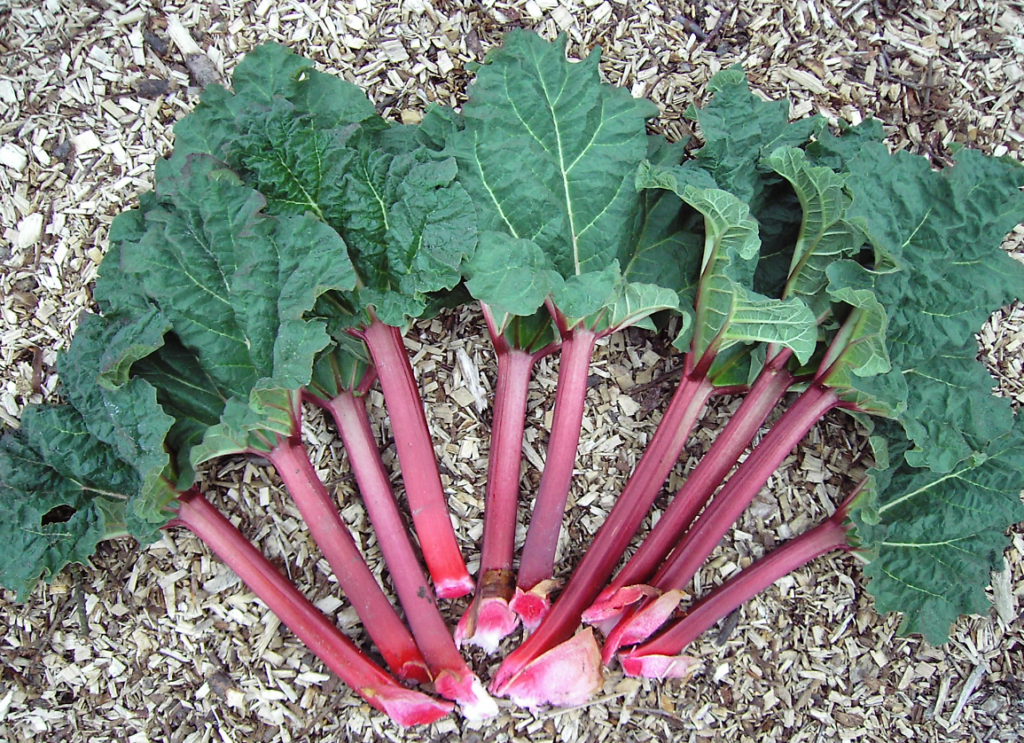
Rhubarb is famous for its tart flavor and use in desserts, but it contains oxalates that can significantly increase the risk of kidney stones. Its high oxalic acid content can also interfere with your body’s ability to absorb essential nutrients, leading to potential deficiencies.
Kidney-Friendly Alternative: Satisfy your cravings with kidney-safe options like cucumbers, apples, or berries, which are lower in oxalates and gentler on your kidneys.
4. Swiss Chard – A Hidden Risk

Swiss chard is celebrated for its vibrant color and impressive nutrient profile, including high levels of magnesium, vitamin K, and iron. However, it’s also high in both oxalates and potassium, making it a poor choice for those with kidney issues. Overconsumption can lead to kidney stones or hyperkalemia.
Kidney-Friendly Alternative: Try iceberg lettuce or Romaine lettuce for a refreshing and kidney-friendly leafy green.
5. Kale – The Double-Edged Superfood

Kale is often hailed as a superfood due to its high vitamin and mineral content. However, like Swiss chard, kale is high in oxalates and potassium, both of which can aggravate kidney problems. If you’re managing kidney disease or stones, kale might be best avoided.
Kidney-Friendly Alternative: Consider cabbage for a low-risk alternative that still provides essential nutrients.
6. Avocados – The Creamy Culprit
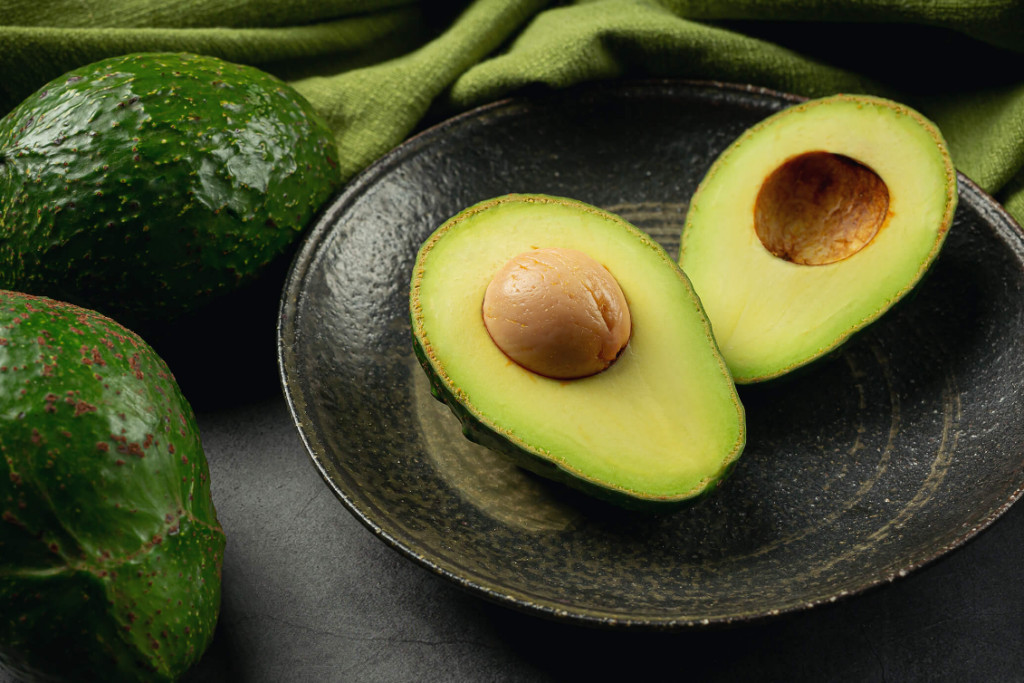
Avocados are famous for their healthy fats, but they’re also loaded with potassium, which makes them unsuitable for individuals with kidney issues. Consuming too much potassium can overwhelm the kidneys and lead to life-threatening complications like cardiac arrest.
Kidney-Friendly Alternative: Consult with a dietitian to find suitable replacements like unsalted nut butters or lower-potassium fruits.
7. Sweet Potatoes – A Hidden Threat

Sweet potatoes are celebrated for their antioxidants and vitamins, but their high potassium content makes them risky for kidney health. While boiling can reduce potassium levels, moderation is key.
Kidney-Friendly Alternative: Swap sweet potatoes for carrots or butternut squash to enjoy a similar sweet flavor without the added potassium risk.
8. Beets – The Vibrant Risk

Beets are often praised for improving blood flow and lowering blood pressure, but their high oxalate content makes them risky for kidney health. For individuals prone to kidney stones, beets can exacerbate the problem.
Kidney-Friendly Alternative: Opt for low-oxalate vegetables like zucchini or cucumbers to add vibrant color to your meals without the kidney risks.
9. Potatoes – The Comfort Food Dilemma

Potatoes are a staple comfort food, but their high potassium levels can pose serious risks for those with kidney problems. Leaching (soaking potatoes in water before cooking) can reduce potassium content, but it’s still wise to limit their intake.
Kidney-Friendly Alternative: Replace potatoes with cauliflower or turnips for a healthier alternative.
10. Tomatoes – The Everyday Risk

Tomatoes are versatile and delicious, but they contain high levels of potassium, making them problematic for individuals with kidney issues. Even processed tomato products like sauces and soups can contribute to excess potassium in your diet.
Kidney-Friendly Alternative: Use red bell peppers or other low-potassium vegetables to replicate the bright flavors of tomatoes.
Take Control of Your Kidney Health
While vegetables are a cornerstone of a healthy diet, it’s crucial to choose the right ones, especially if you have kidney concerns. By avoiding these high-risk vegetables and incorporating low-potassium and low-oxalate options, you can protect your kidney health and overall well-being.
Pro Tips for Kidney Care:
- Stay Hydrated: Drinking plenty of water helps dilute oxalates in your urine and reduces the risk of kidney stone formation.
- Consult a Dietitian: Tailored advice can help you build a balanced diet that supports kidney health.
If you found this article helpful, share it with your friends and family. Your kidneys are your body’s unsung heroes—take care of them with mindful dietary choices. For more health tips and insights, subscribe to our blog today!

